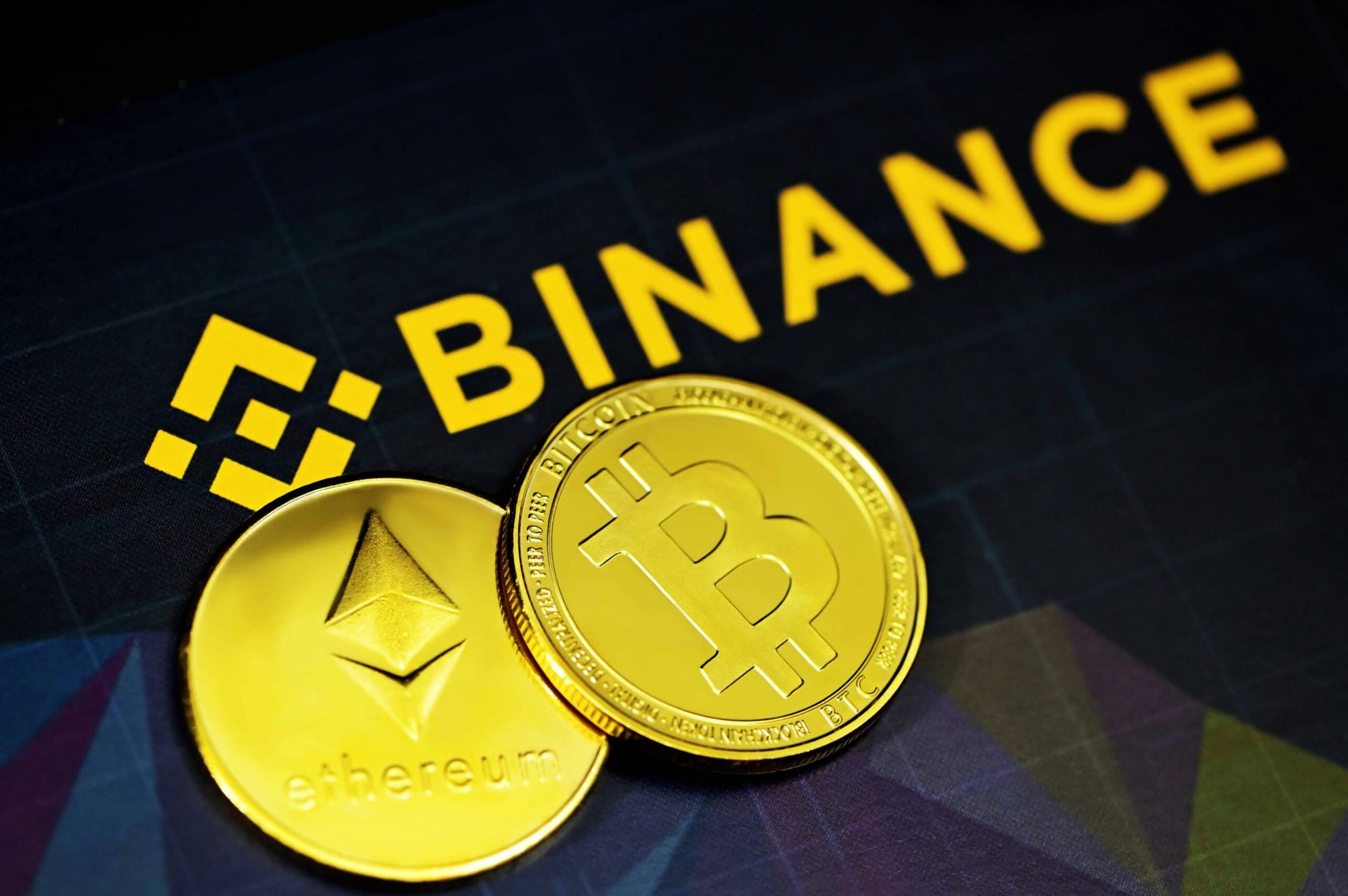Binance Partners with BBVA Bank to Add Cryptocurrency Custody Options

Binance has joined forces with Spanish banking giant BBVA to offer customers a new way to store their digital assets outside the exchange. This partnership positions BBVA as one of a select few independent custodians for the world's largest crypto platform. The initiative aims to build greater trust among investors still wary after major industry setbacks.
Spain's third-largest bank has stepped into this role amid growing demand for secure storage solutions in the crypto space. According to sources familiar with the arrangement, BBVA's established reputation simplifies due diligence for users considering the service. Traders can now hold their funds in US Treasuries through the bank, which Binance accepts as margin for trading activities.
This setup helps reduce risks associated with keeping assets directly on exchanges. It addresses concerns that arose from past events where investor funds became inaccessible during platform failures. By diversifying custody options, Binance seeks to provide a safer environment for its global user base.
The collaboration reflects broader shifts in how traditional financial institutions engage with cryptocurrencies. Banks like BBVA are increasingly open to handling digital assets as regulatory landscapes evolve in key markets. This comes at a time when positive policy changes have encouraged more integration between conventional banking and the crypto sector.
Stay In The Loop and Never Miss Important Crypto News
Sign up and be the first to know when we publishCrypto Industry Shifts Toward Safer Custody Practices
The push for independent custodians gained momentum after the 2022 collapse of FTX, which left many investors unable to access their holdings amid bankruptcy issues. In response, exchanges like Binance began allowing clients to use third-party services to mitigate similar risks in the future. Previously, options were limited to on-exchange storage or affiliated entities that drew scrutiny from regulators.
Binance faced its own challenges in 2023, including a substantial fine from US authorities over compliance issues. The company adjusted its operations, withdrawing from certain markets while gradually restoring services as attitudes toward crypto softened. Adding BBVA to its list of partners, which already includes Swiss firms like Sygnum and FlowBank, underscores a commitment to transparency and security.
Traditional lenders have shown rising interest in crypto, driven by client demand and supportive regulations in regions like the EU. BBVA has expanded its offerings, introducing direct trading and custody for Bitcoin and Ethereum via its mobile app for Spanish customers. The bank even recommends allocating a portion of private banking portfolios to digital assets, signaling confidence in the sector's stability.
Exchanges such as Binance and Coinbase have historically managed multiple functions, from trading to custody, which contributed to their market dominance. However, the vulnerabilities exposed by industry crises have prompted a reevaluation of these models. Now, specialized providers are filling gaps to offer more segregated and reliable services.
Sentiment in the crypto market has improved, bolstered by favorable political developments that have driven Bitcoin prices to new all time highs. Trading volumes have surged as a result, attracting both retail and institutional participants, as well starting trends such as companies adding Bitcoin and other top cryptocurrencies to their balance sheets as part of their treasury. Partnerships like this one with BBVA help exchanges adapt to these dynamics while prioritizing user protection.
Digital asset platforms recognize the value in accommodating trader preferences for third-party custody. This ensures collateral remains in secure locations away from exchange operations. As banks deepen their involvement, such arrangements could become standard, fostering a more resilient ecosystem for all stakeholders.

